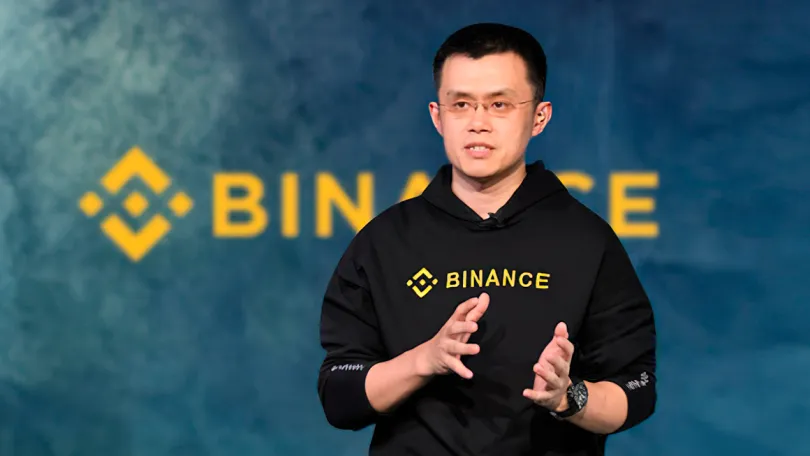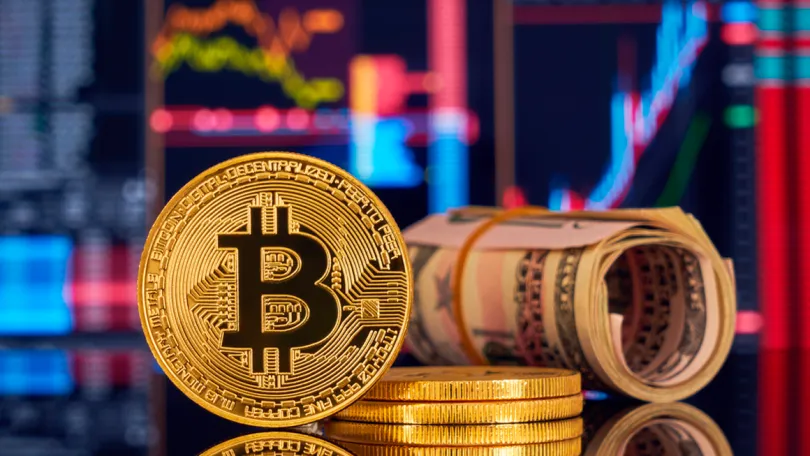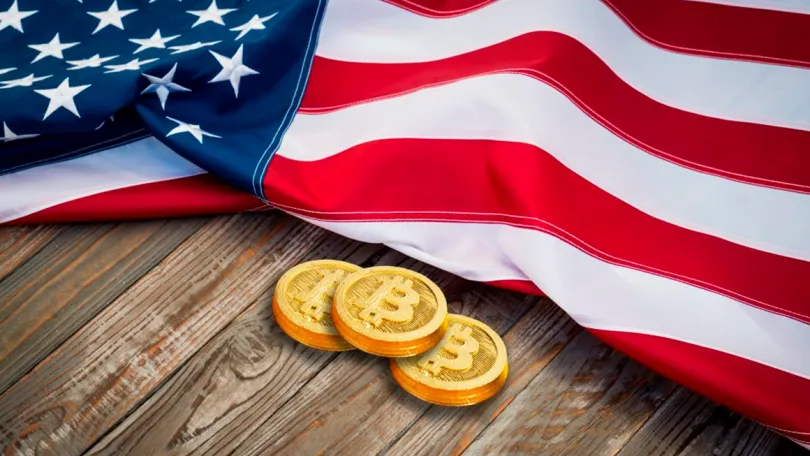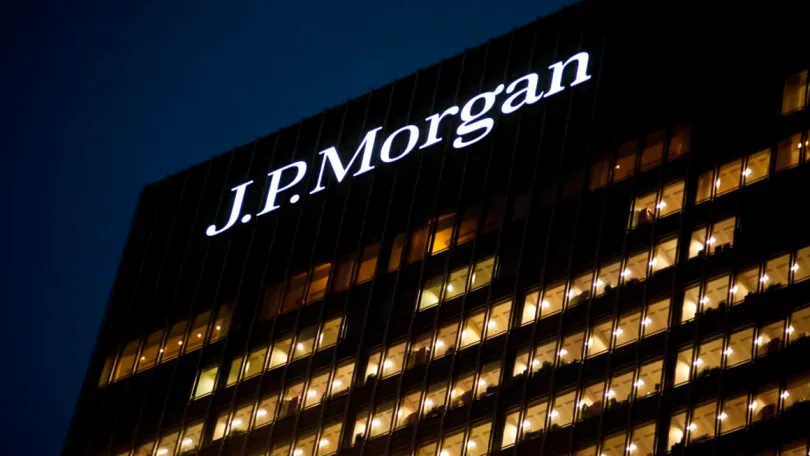
On April 30, 2024, a United States court delivered a verdict in the case of Changpeng Zhao, the former CEO of Binance, one of the largest cryptocurrency exchanges in the world. The court sentenced Zhao to four months in prison, a significant development in the litigation surrounding his involvement with the exchange.
During the hearing, the prosecution argued strongly in favor of a prison sentence for Zhao, arguing that a suspended sentence would not be a sufficient deterrent to others who might contemplate breaking the law. They emphasized the need to send a strong message to the industry by pointing out the potential consequences of illegal activity.
In response, Zhao's defense team emphasized that he cooperated with the investigation and U.S. authorities throughout the process. They highlighted the fact that Zhao voluntarily traveled to the #US during the case, thus demonstrating his willingness to participate in the trial. In addition, they noted that Zhao is no longer involved in the management of #Binance, indicating that his current role is not a threat to the industry.
As an argument, Zhao's lawyers drew attention to a similar case involving the #BitMEX exchange and its co-founder Arthur Hayes. In that case, #Hayes pleaded guilty, paid a substantial fine and received two years of probation. The defense team argued that jail terms were not often used in similar situations, suggesting that a more lenient approach was appropriate.
During the trial, Zhao himself acknowledged shortcomings in implementing proper Know Your Customer (#KYC) and anti-money laundering (#AML) procedures at Binance. However, he stated his efforts to remedy the situation and his willingness to cooperate with the U.S. government. The judge took into account this admission of responsibility and willingness to address the problems.
The judge recognized Zhao's significant steps in cooperating with law enforcement, but also noted his role as CEO of Binance and the decision-making responsibilities associated with that position. This recognition of Zhao's cooperation while also holding him accountable for his leadership role ultimately influenced the judge's decision.
It is worth noting that Zhao stepped down as CEO of Binance in the fall of 2023 after pleading guilty to charges related to money laundering and violations of the Bank Secrecy Act. Zhao was released on $175 million bail following the conclusion of his trial.
A sentencing announcement was originally expected in February 2024, but was postponed. In December 2023, Zhao was banned from leaving the country. Finally, on April 30, 2024, the court delivered the long-awaited verdict. Prior to the trial, the judge received many letters from Zhao's friends and family testifying to his character and expressing support for him. Zhao himself publicly apologized for his actions, showing remorse and a desire to make amends.
Despite defense arguments and the support of Zhao's loved ones, the prosecution sought a much harsher sentence of 36 months in prison, well beyond the terms agreed to in the plea bargain. The prosecution believed that a harsher sentence would serve as a deterrent to others in the industry by setting an example and emphasizing the seriousness of the charges.




























